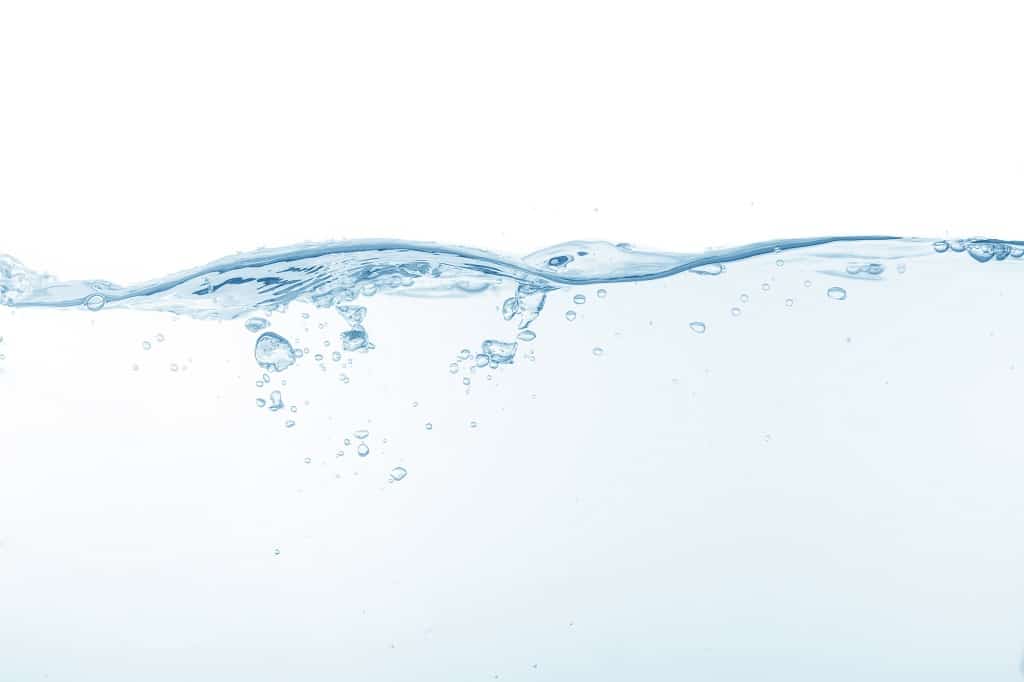Water quality is critical in the industrial sector, where even seemingly minor impurities or contamination can result in tainted products, lost productivity, or damaged equipment and infrastructure. Water is a primary resource in many fields, and its quality must be documented and maintained in order to preserve its integrity. While water for community usage must be tested for its potability, there are other water quality challenges involved in the maintenance of clean water in industry. That’s one reason that industrial testing labs play an important role in water quality control for industries, as they represent a safeguard against water that fails to meet industrial criteria.
Industrial water testing can protect companies from sub-par water quality, liability from contamination, and damage to equipment and infrastructure caused by impurities. Some of the challenges faced by industry regarding water quality transcend biological contaminants. For example, water used for cooling must be free of minerals that can cause scaling and corrosion. To meet all the threats posed to industry by water impurities, industrial testing services use multiple parameters that can cover the scope of potential water quality issues. Keep reading to learn more about the critical parameters that must be observed for successful industrial water quality testing.
Physical
The physical parameter pertains to the general characteristics of the water that is used in an industrial setting. Factors such as temperature, color, odor, taste, turbidity, pH level, conductivity, and dissolved solids can comprise testing of the physical parameter. Each can impact water usage, so they must be observed to make sure these qualities fall within the preferred range for the industry that will use the water.
Inorganic or Chemical
The primary concern with the inorganic and chemical testing parameter is the relative hardness or softness of the water. Hardness refers to the amount of inorganic mineral content found in the water. This can impact usage dramatically if used in manufacturing. For example, hard water will not as readily accept dissolved substances and can lead to deposits on plumbing and equipment given its high mineral content. This parameter involves testing for the concentrations of fluoride, magnesium, chloride, sulfate, calcium, nitrate, and phosphate.
Toxic Metals
Some metals are toxic if consumed through water, and in industries in which water will make its way into medicine or the food supply, they can be a concern. The toxic metal testing parameter pertains to the presence of substances in water such as copper, chromium, cadmium, zinc, lead, mercury, iron, and manganese.
Organic and Nutrient
Another parameter that is commonly used in industrial water testing is the organic, nutrient, and demand parameter. This is the analysis of water to determine the presence of substances such as phenols, oil, grease, pesticides and nitrate. Dissolved oxygen is another component of this parameter, so testing includes calculation of biochemical oxygen demand or BOD, as well as chemical oxygen demand or COD.
Bacteriological
In any industry that involves the manufacture of food or medicine, the bacteriological parameter is key. This parameter involves the testing of water to determine the presence of fecal coliform and assesses the total coliform load.

Biological
The biological water testing parameter is primarily concerned with the presence of phytoplankton and zooplankton. Both can impact water quality and are of particular importance to any industry that is manufacturing consumables such as food, beverages, or medicines. They not only pose a quality control issue but can also cause health issues as well.
Radioactive Elements
While rare, radioactive substances can be found even in groundwater that may be used for industrial purposes. While there can be other sources of contamination that are manmade in their origin, the primary course of radioactivity in groundwater comes via radon gas. The naturally occurring gas that forms from decaying uranium can permeate groundwater and could be a concern in some industries because of the associated health risks.
Industrial testing labs can be vital in ensuring the sanctity of water used in industry by applying a versatile and thorough set of parameters to assess water purity and associated problems. To learn more about industrial water testing and the parameters involved, visit Environmental Testing and Research Laboratories at https://etrlabs.com/industrial-testing/.

